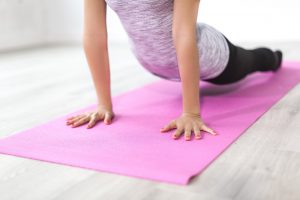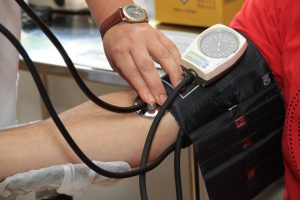Physical activity is beneficial for seniors to help prevent a lot of serious health conditions such as heart disease, and a stroke. Physical activity can be any activity that raises your heart rate and builds aerobic endurance. After 4-6 weeks of consistent exercise, you will feel more comfortable doing your work out and carrying on with your day. Regular fitness will help you feel better and help control your blood pressure, cholesterol levels, and weight.

Your muscles, ligaments, tendons, and bones will become stronger, which is important to continue day to day activities as you continue to age. You should always consult with your doctor when beginning a regime so they can guide you through workouts for your needs.
Benefits
Regular exercise has proven to:
- Maintain weight and burn excess calories
- Build endurance
- Help reduce falls and injuries
- Boost mood and quality of sleep
- Improve cholesterol levels
- Produce optimum heart health, lung, bones, muscles, and vascular system by delivering oxygen and nutrients to tissues.
Start Slow
If you have not been physically active, it is important to start slow and gradually build your endurance, and strength. Begin with walking for 5-10 minutes every day if possible, and over sometimes increase it to 30 minutes at a time. Once you are able to go 30 minutes at a time, you can add more challenges.
Check Your Heart Rate

Exercise should increase your heart rate to about 75% of the maximum predicted heart rate. A simple way to calculate this is to subtract your age from 220 to get your maximum heart rate. For example, at the age of 70, the maximum heart rate target is 150. When starting to work out, it is safe to start with a low target of about 78-80 beats per minute, and then work your way up after a couple of weeks.
Remember to always start slow and safe with exercises such as walking, or swimming, and then over time add more challenges to your routine, such as balance, flexibility and resistance exercises.
If you experience any form of chest pain/tightness, shortness of breath, dizziness, or faintness during or after your exercise, stop immediately. Do not continue any exercises, and notify your doctor.